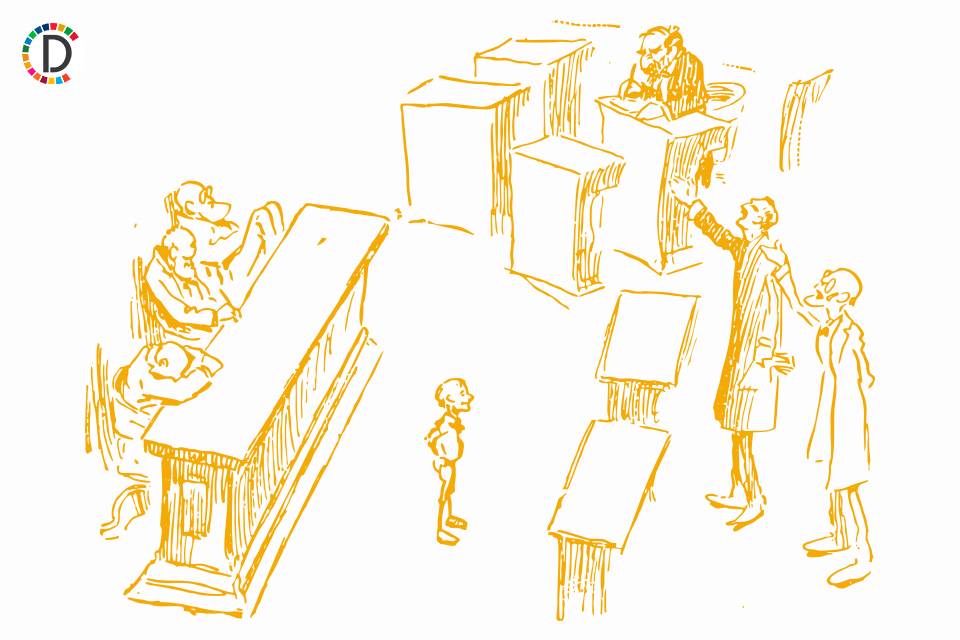New UK law ends 38 inquests into deaths during Northern Ireland's "Troubles"
Victims' families, human rights organisations and all major political parties in Northern Ireland - both British unionist and Irish nationalist - have condemned the law which proposed offering immunity from prosecution for those who cooperate fully with a new investigative body. Belfast's High Court ruled in February that the offering of conditional amnesties to ex-soldiers and militants was in breach of the European Convention on Human Rights (ECHR), but it did not stop the new Independent Commission for Reconciliation and Information Recovery (ICRIR) body itself being set up.

- Country:
- United Kingdom
A total of 38 inquests involving the deaths of more than 70 people during Northern Ireland's "Troubles" will not go ahead after a disputed new British law came into effect on Wednesday, Northern Ireland's Chief Justice's office said. Victims' families, human rights organisations and all major political parties in Northern Ireland - both British unionist and Irish nationalist - have condemned the law which proposed offering immunity from prosecution for those who cooperate fully with a new investigative body.
Belfast's High Court ruled in February that the offering of conditional amnesties to ex-soldiers and militants was in breach of the European Convention on Human Rights (ECHR), but it did not stop the new Independent Commission for Reconciliation and Information Recovery (ICRIR) body itself being set up. Its establishment ended previous methods of examining how some of the 3,600 people died in three decades of confrontation between Irish nationalist militants seeking a united Ireland, pro-British "loyalist" paramilitaries and the British security services.
The conflict was largely ended with a 1998 peace deal. Inquests that were halted included 14 that had already commenced but had not yet produced any findings, and some that were referred by the Attorney General as recently as Tuesday, hours before the cut-off.
The families of victims whose inquests have been stopped can request that the ICRIR body investigate the circumstances of the deaths under a different procedure. Britain has defended the law, saying prosecutions linked to the events of up to 55 years ago were increasingly unlikely and it is also appealing the High Court's decision on the proposed amnesties.
Britain's Labour Party, clear favourites to win the next UK election due within months, has pledged to repeal and replace the legislation including restoring inquests and the option of civil cases. The Irish government is mounting a separate legal challenge against Britain at the European Court Of Human Rights over the new law.
(This story has not been edited by Devdiscourse staff and is auto-generated from a syndicated feed.)










